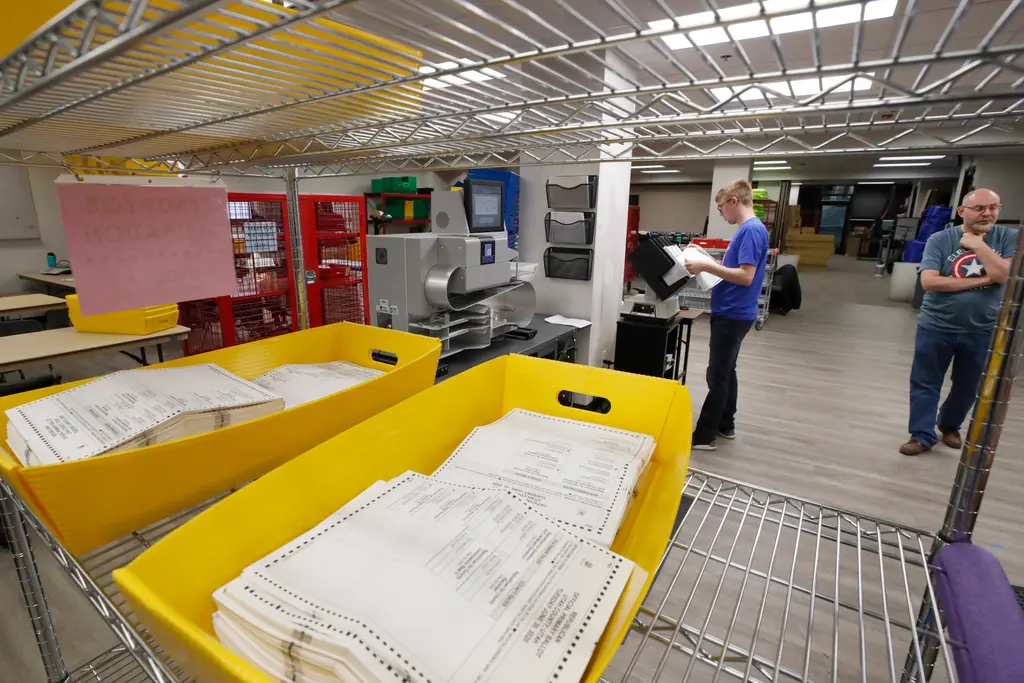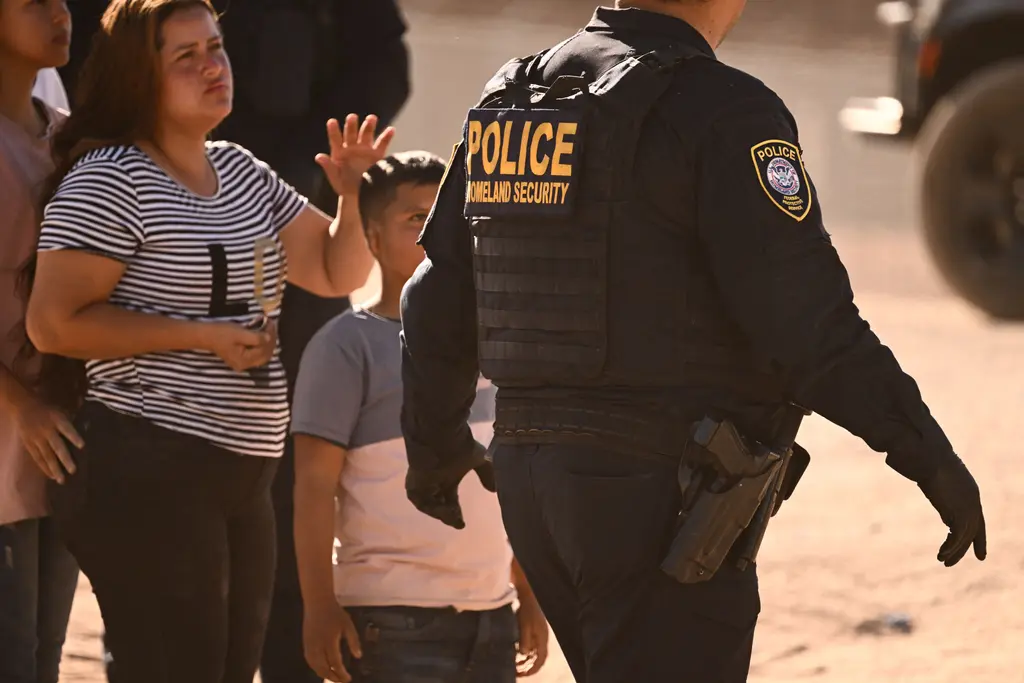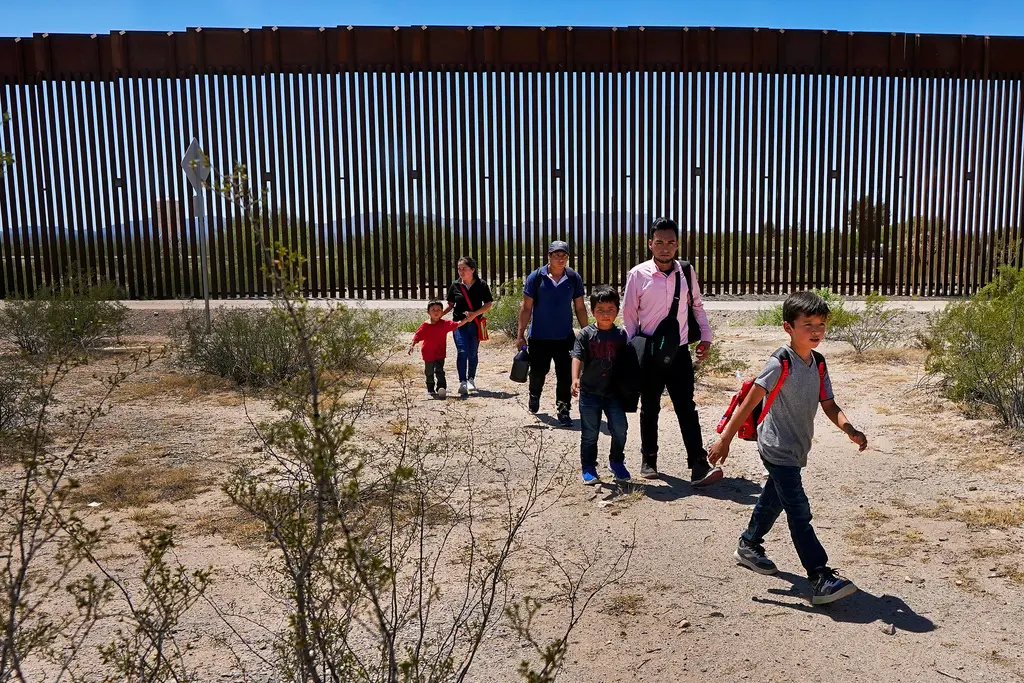Washington Amateur Hour Redux on Venezuela

It has been less than a week since interim Venezuelan President Juan Guaidó, flanked by a rejuvenated Leopoldo López and a small number of patriotic soldiers and guardsman, called on Venezuelans to take to the streets. That happened … kind of … but the results have been decidedly mixed, with post-facto analysis as to winners and losers in Caracas confused and divided.
Some assert that, following the February 23 stymied effort to deliver humanitarian aid from the Colombian border, the events of April 30 leave Guaidó’s team 0 for 2 in of dislodging Maduro and his loyalists from Miraflores Palace.
This is an undeniable fact even in an age of alternative facts. However, others take a longer view and argue that Venezuela has made more progress eradicating the cancer of chavismo in the past four months than in the past twenty years. Both positions are valid and can be held at the same time. The unknowable is when might this status quo be ruptured, and one side emerge victorious?
In this context, it is worth focusing on the role of the United States for a moment, as it remains an undisputable key player in Venezuela’s fortunes. Sadly, the past week highlighted yet again that the Trump istration is doing the right thing – ing a genuine democratic movement in Venezuela – while simultaneously and repeatedly shooting itself in its foot with its mouth.
The term “cleared talking points” used to mean a common script that all officials in a given istration would employ with the press to explain or spin a particular policy. Trump’s State Department team, which is a mix of career and political officials, dutifully develops these scripts. They reflect a common sense, reality-based appraisal of the situation on the ground in Venezuela, as well as a principled insistence on multilateral for nascent democrats in that ravaged country.
Más sobre Opinion
Unfortunately, the decidedly uncharismatic Vice President Mike Pence appears to be the only one who ever uses those talking points. National Security Advisor John Bolton, Secretary of State Mike Pompeo and the president himself, all rushed out this week - minus a coordinated message - to give conflicting s of what happened, and why, on April 30.
This left the Lima Group, the Russians and Cubans, the Maduro regime, and most importantly, poor Juan Guaidó wondering just who is running this open-mike, amateur hour on Venezuela policy in Washington.
Let’s review the performances. First up was Bolton, who, on the same day as Guaidó called for the military to him in the streets, alleged that both Vladimir Padrino, Maduro’s top military man, and Maikel Moreno, head of the corrupt pro-regime Supreme Court, had apparently broken their commitment to break with Maduro. A day later, Padrino ridiculed Bolton’s assertion that he (Padrino) had ever entertained such an idea. So who is playing whom? Who’s running the deception operation here … Bolton or Padrino? Regardless, deception operations are rarely successful when run in public. Just sayin’.
In an exclusive sit-down with Univision’s Patricia Janiot on Friday, Pompeo appeared to contradict himself in the space of one interview. He reaffirmed that senior Maduro officials were “talking to us,” and claimed “the long knives are out" among Maduro ers. Yet when Janiot asked if the U.S. was offering money in exchange for defection, Pompeo defensively replied “we never talk about the activities we’re in engaged in.”
Sorry, Mr. Secretary. You can’t have it both ways – you just said you were talking to potential Maduro defectors. Whether you offer them money, safe harbor and immunity or a Starbucks gift card is really rather immaterial … if it is true.
Meanwhile, as both Bolton and Trump continued to decry the Russian and Cuban presence in Venezuela – again, a fact even in a world of alternate facts - poor Pompeo had that talking point completely vitiated by none other than his own jefe. In a May 3 press availability at the White House, just hours before Pompeo’s own interview, Trump asserted that he had spoken with President Vladimir Putin, who assured him that Russia was not meddling in Venezuela and only wanted a good outcome for Venezuelans. How reassuring.
Pompeo was either unaware of Trump’s “ it’s all good with Russia” commentary, or simply chose to ignore it. He dutifully repeated the “Russia go home mantra” and insisted there was no daylight between him and the President. Yet this pathetic and evident lack of coordination between the Chief Executive and his Secretary of State rendered both of them naked emperors in a scenario that would be funny, if only the humanitarian tragedy of Venezuela didn’t make the stakes so high.
Diplomacy, statecraft and intelligence work are, as fictional TV anchor Ron Burgundy once said, “Really hard.” ing for the vagaries and shifting elements of a life and death power struggle such as the one occurring in Venezuela is hard enough. Factoring them into a coherent and principled, yet necessarily flexible national strategy, is anything but child's play.
Experience, training, skill and institutional convergence of effort are all essential, as is a nuanced public narrative. This appeared to be missing in Washington these past few frustrating yet still hopeful days. Perhaps a good suggestion for the Trump team might be to do more and talk less. Deciding who will be the primary spokesman for U.S. Venezuela policy might be a good idea, too.



